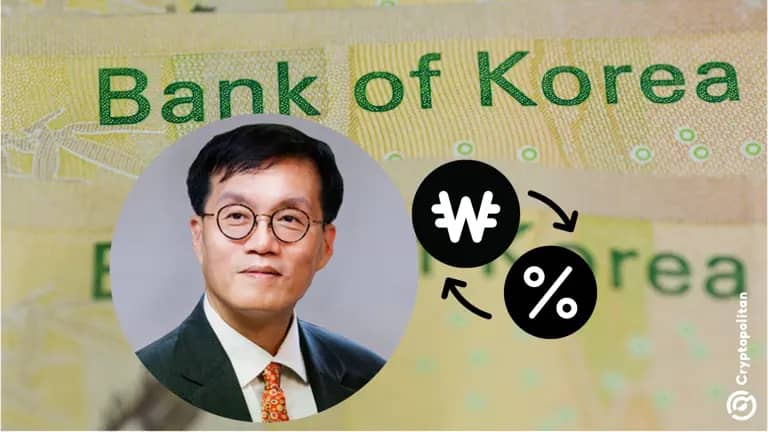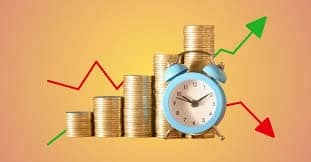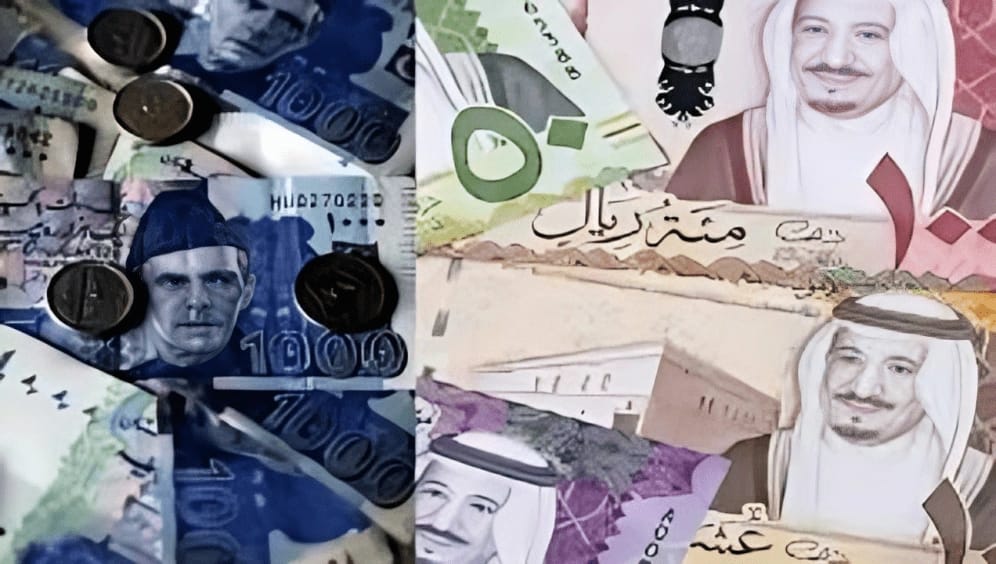The Governor of the Bank of Korea, Lee Ju-yeol, recently stated that it is unlikely for the South Korean won (KRW) to return to the levels seen in the past. This remark comes amid ongoing concerns about the country’s economic conditions and currency volatility.
Here are the key details of his statement, as reported by Yonhap News:
1. Currency Depreciation:
- The won has experienced significant depreciation against the U.S. dollar in recent months, and this trend has led to concerns about South Korea’s economic stability and inflation.
- While the South Korean government has occasionally intervened in currency markets to stabilize the won, Lee’s comments suggest that the government does not expect the exchange rate to return to the previous, stronger levels seen before the won’s depreciation.
2. Global and Domestic Factors:
- The global economic environment, including the U.S. Federal Reserve’s interest rate hikes, has put pressure on many emerging market currencies, including the South Korean won. As the U.S. dollar strengthens, it creates challenges for other economies that rely on exports.
- The Bank of Korea has been monitoring these pressures but believes that external conditions, such as global inflation, rising interest rates, and economic uncertainties, will continue to affect the value of the won.
3. Inflation and Economic Growth Concerns:
- South Korea, like many countries, is facing the challenge of high inflation and slower economic growth. As the won weakens, it adds imported inflationary pressure, raising costs for consumers and businesses.
- Lee noted that South Korea’s economic outlook might not improve substantially in the short term, which could keep the won at lower levels against the dollar.
4. Policy Adjustments:
- The Bank of Korea is expected to continue its monetary policy adjustments to stabilize inflation, even if these measures do not immediately result in a stronger currency. Lee emphasized that managing inflation was a priority, and the central bank would maintain its efforts to address the challenges posed by the exchange rate and inflation.
5. Structural Issues:
- The remarks also hint at structural factors contributing to the won’s depreciation, such as South Korea’s reliance on exports and its trade balance. A weak won could make South Korean exports cheaper and more competitive globally, but it also increases the cost of imports, affecting businesses and consumers alike.
In summary, the Bank of Korea Governor’s statement reflects the broader challenges facing South Korea’s economy in the current global environment. While the won’s depreciation is a concern, it is viewed as a complex issue influenced by both global monetary policies and domestic economic factors. The expectation is that the won may not return to its former strength in the near future.




